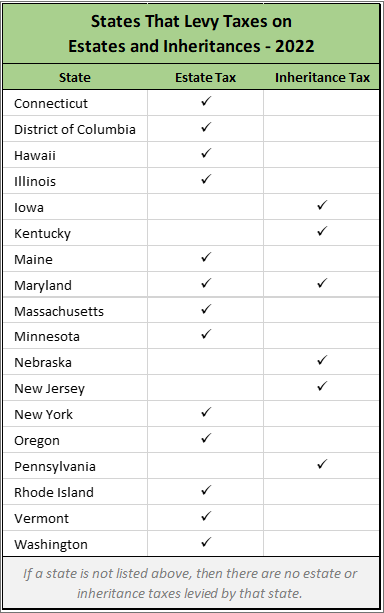One Word Says What Happens to a Joint Revocable Living Trust When One Spouse Dies
Naturally, a very common question we hear from our married clients when creating their trusts is what to do when one of them dies. What happens to a trust when one of the trustors passes away? Believe it or not, the answer almost entirely hinges on whether one of two words is present. Below, we'll discuss that one word, how to find it, and what it means. Keep in mind that this is all in the context of a spousal trust but can equally apply to any trust created by two or more people, such as one between siblings or business partners. Additionally, remember, the trustors are the people who created the trust.
May v. Shall
The words we're looking for here are either "may" or "shall." These words will tell us whether the assets can remain in the trust through the lifetime of the surviving trustor or whether the trust estate must be split into two subtrusts to typically plan around estate taxes. A simple couple's trust is going to say the trust estate may be split upon the death of the first spouse, while an AB trust, bypass trust, credit shelter trust or QTIP trust (which is splitting the trust estate into three) will say the trust estate shall be split upon the death of the first spouse.
In order to find out what kind of trust you have, then you'll need to first find the section or article that deals with what to do on the death of the first trustor. Hopefully your trust has good headings and subheading so you don't need to hunt for something that may only be a paragraph in length. However, once you do find the appropriate section, you'll need to read what the trust says to do. If the trust can stay as is – that is, it doesn't require a splitting of the estate – then there should be a statement similar to, "the family trust will continue to exist for the benefit of the surviving spouse," or that the family trust may be divided into various subtrusts, taking into account any potential estate taxes that may be due.
By contrast, a trust requiring splitting and the creation of subtrusts - AB, bypass, credit shelter or QTIP - is going to have language about community and separate property of the trustors and Bypass Trusts, Marital Trusts, Family Trusts, Survivor's Trust, Decedent's Trust and so on. This is where the word "shall" will make an appearance. A real example of such a provision is, "the surviving trustee shall divide the balance of the Trust Estate consisting of [various community and separate property designations] into two separate Trusts to be known and herein designated as the "Marital Trust" and the Family Trust." That is an actual trust provision from an AB split administration we assisted with. In essence, if the trust requires the creation of subtrusts after the death of the first spouse, then you'll know it by finding language about how to name these separate or subtrusts after being told the estate shall be separated. May is an option. Shall is a requirement.
One thing to also keep in mind. Any half-decent trust is going to say the trust is amendable and revocable during the joint lives of the trustors. However, a well-drafted trust will also specify whether the trust is amendable and revocable by the survivor. Things get a little complicated when the trust doesn't explicitly allow the surviving spouse to amend or revoke the trust, but that's a topic for a post of its own.
Lastly, for a complete picture, the reason we need to worry about this may vs shall language is due to estate taxes. Splitting the estate between subtrusts allows for the potential or mitigating or outright avoiding estate taxes by essentially splitting the net value of the estate. However, the current threshold as to whether estate taxes will be owed is $12.06 million federally meaning unless your estate is going to be over that amount, you don't need to worry about the potential of the estate, or the death tax kicking in. Some states apply their own estate taxes though so keep that in mind. California, Arizona, and Nevada don't, but 17 states do. A table below lists which states have an estate and/or an inheritance tax.
The federal estate tax level is over $12 million but it being so high is a more recent development. It was half that during the Obama administration and even lower before that, so many older trusts with the shall language are floating around, such as the one I quoted before being from a 1994 trust. However, for most people, this splitting is not required since the estate tax level is so high now so if you have an old trust, speak to an attorney since your estate plan may not need to be so complicated anymore.
BETHEL LAW CORPORATION
ESTATE PLANNING | ELDER LAW | BUSINESS PLANNING
CLICK HERE OR CALL US AT 909-307-6282 TO SCHEDULE A FREE CONSULTATION.




